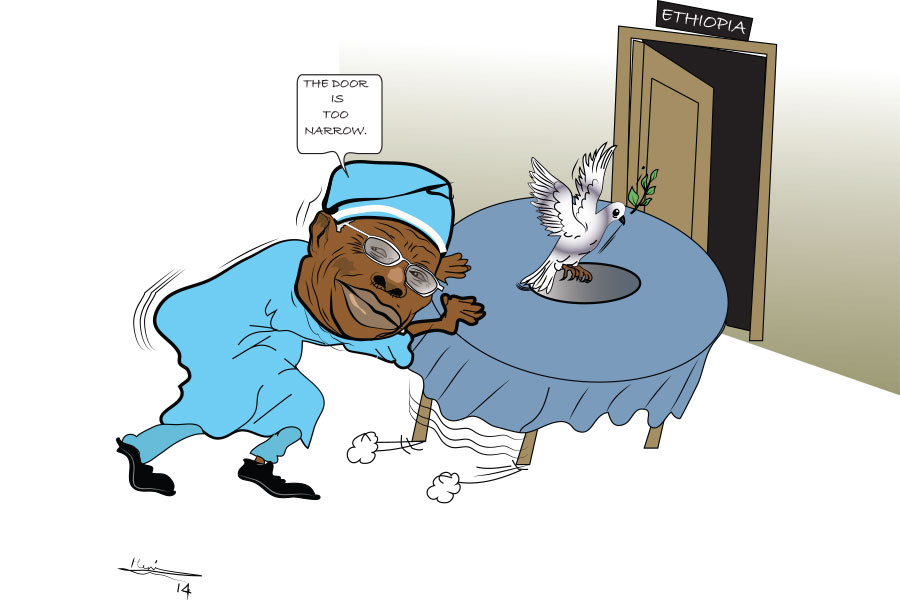
Editorial | Nov 20,2021
Sep 19 , 2020
By Christian Tesfaye
Few terms describe the current state of humanity as "overconsumption." It is a phenomenon that is taking place in Ethiopia as elsewhere. It applies to the economic as well as the socio-political spheres.
Fortunately, more than at any time before in history, there is an abundance of information and historical knowledge to pull from to tell how present behaviours and actions will impact future generations. It is also visible how the rate of consumption of the planets resources and socio-political capital at humanity’s disposal will leave future generations with little space to breathe - literally and metaphorically.
Overconsumption is most perceptably taking place in the economic space, where the natural resources needed for growth are being exhausted. Centuries of industrialisation has undoubtedly produced the means with which poverty could be addressed, through abundant cheap food and easily producible goods.
But this has also been taken to an extent where the Earth’s atmosphere and habitable environments for the planet’s diverse fauna and flora are being devastated by greenhouse emissions.
The end result is predicted to be severe climate conditions, including the rise in sea levels and wildfires. These problems will be most negatively felt by later generations, especially those in developing countries, who may never have a chance to turn matters around for the better – it will be too late by then. The solution thus lies with us, and the extent to which we are willing to limit overconsumption.
This has to do with having the courage in our convictions to eat less meat, reduce the use of fuel-powered vehicles and renounce plastic packaging.
But the problem does not only express itself in consumerism. There is also the devastation being wrought on socio-political capital. This has been through the exhaustion of institutions and liberal values and norms that were accepted at least in name, if not in practice.
The end of the Cold War has been attended by a rise in identity-based conflicts around the world. Liberal democracy is on the retreat. Even countries such as the United States have come to question their liberal roots.
Multilateral institutions, built after the Second World War, which played a huge role in creating a more stable, less poor and open global world order, have been weakened. An improving global environment of goodwill and understanding – at least in relative historical terms - is being weathered away by the zero-sum game of identity politics today.
The prevailing thinking today seems to be that democracy - and in some cases socialism - is no longer an ideal to strive for. It is instead a Western concoction, forced on less economically and militarily dynamic peoples that had their own socio-political systems. The race taking place across the world is to indigenise into respective nationalisms that are only justifiable within their lingo-cultural and religious frameworks.
How dangerous this is - in dealing a severe blow to the globalisation of liberal ideas, norms and values - is barely understood. But it is taking place, and similarly finds itself expressed in Ethiopia. Ironically, the devaluation of liberal democracy is taking place within an environment that should have been suitable for it: social media. Unchastened by goodwill and facts, platforms for discourse, which should have been a supportive element of democracy, are being exploited to make liberalism unworkable within the current political climate.
This dwindling socio-political capital – which has had liberal roots and strong multilateral institutions – will mean that future generations of different religious, national and cultural backgrounds will no longer have mechanisms to communicate, understand and accommodate each other. The fault for this will be on the shoulders of today’s generation, which have become unable to maintain institutions and values that have been inherited.
There is thus no doubt that a way of life for current populations of the world – in terms of their consumption behaviour and rejections of strong multilateral institutions and liberal values and norms – are likely to leave very little natural and socio-political capital for the generations that are to come.
Perhaps, it may help to think of the consumption of socio-political and economic resources within the lens of the Doughnut Economic Model. The hole inside the Doughnut is a state of lack of basic goods and rights. Venturing outside the boundaries of the crust of the Doughnut is tantamount to falling off a cliff, where natural resources are absolutely exhausted and political and democratic rights are misused to give power to populists and nationalists.
The Doughnut is our safe haven. We have to live within its boundaries - by reaching a balance between overuse and underuse.
PUBLISHED ON
Sep 19,2020 [ VOL
21 , NO
1064]


Editorial | Nov 20,2021
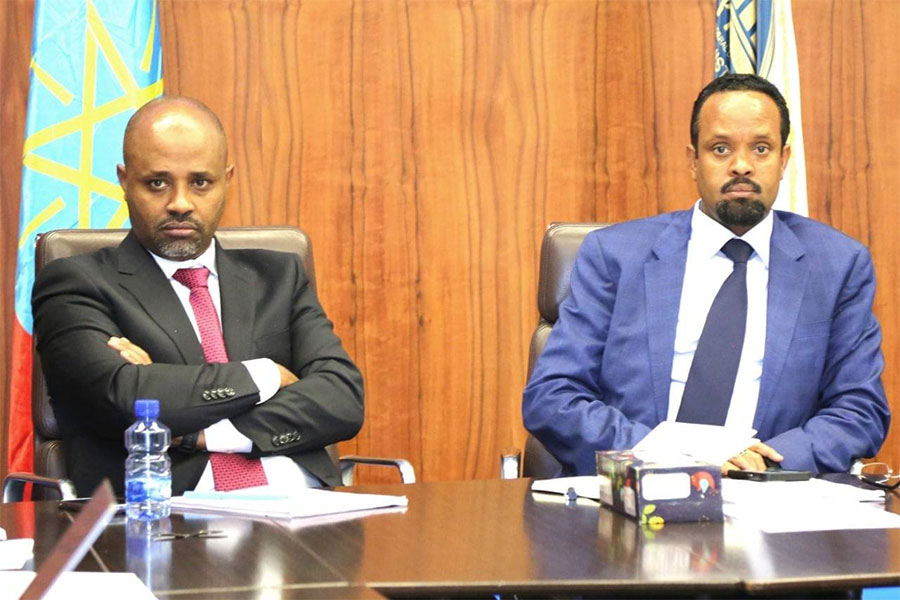
Fortune News | May 14,2022

Radar | Jul 03,2021

Radar | May 29,2021
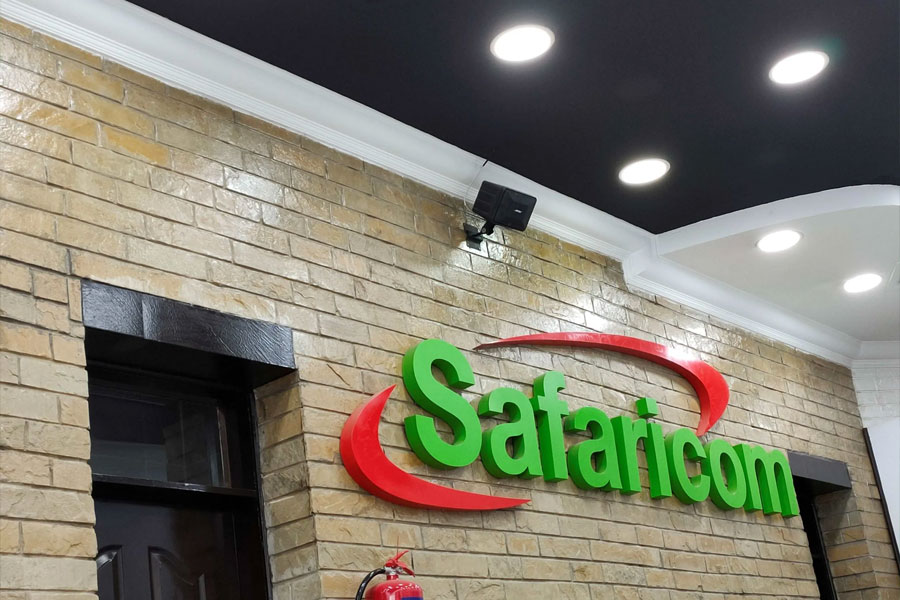
Fortune News | Dec 11,2021
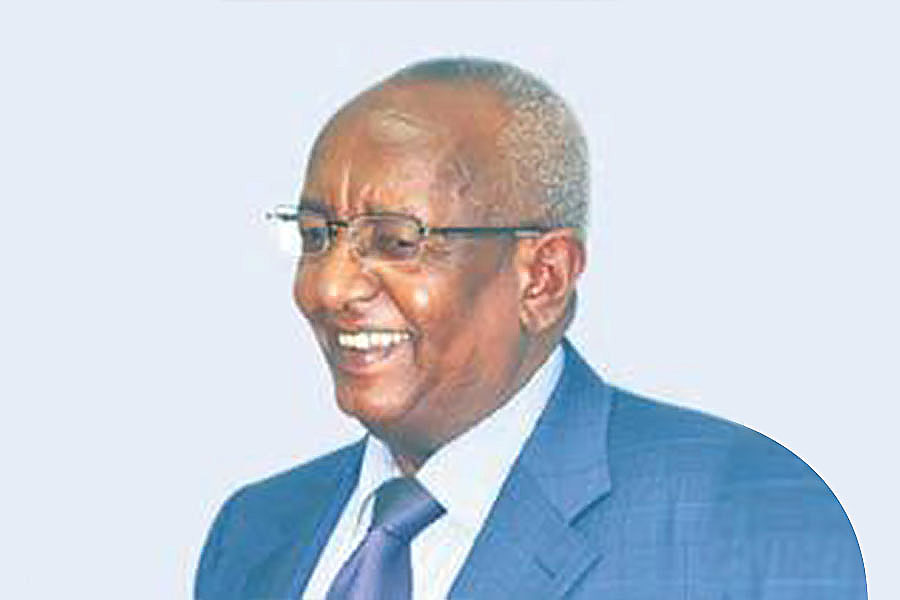
Obituary | Feb 19,2022
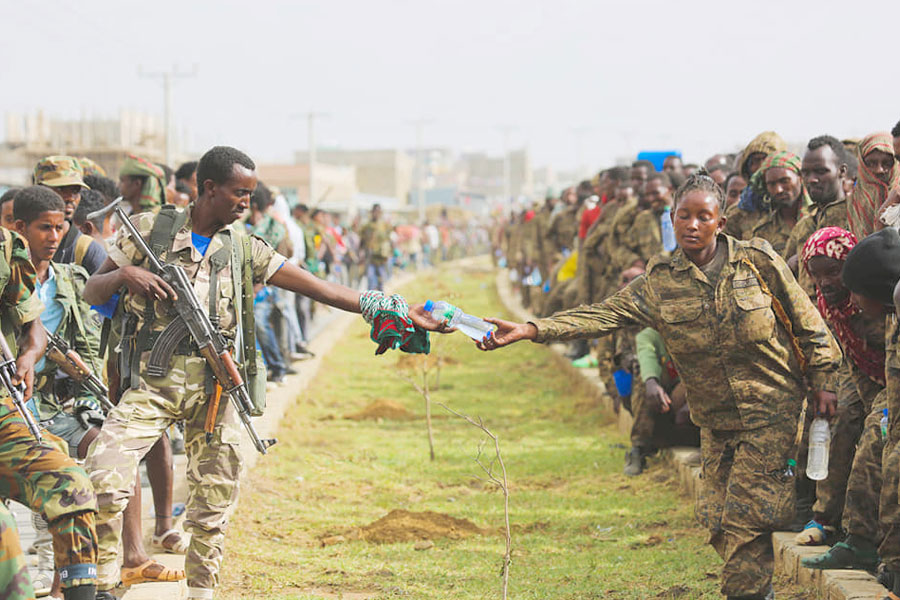
Fortune News | Jul 03,2021

Fortune News | Sep 04,2021
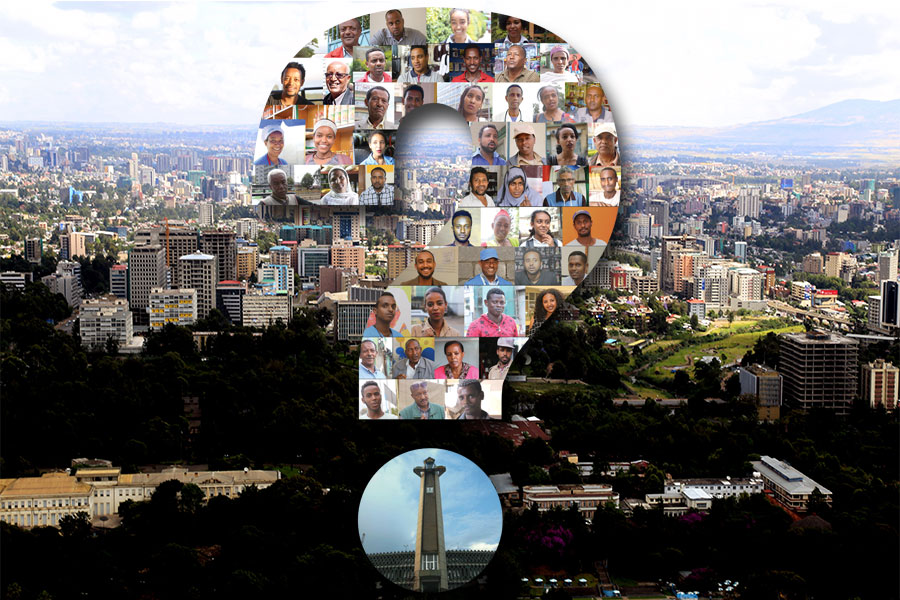
Fortune News | Apr 26,2019
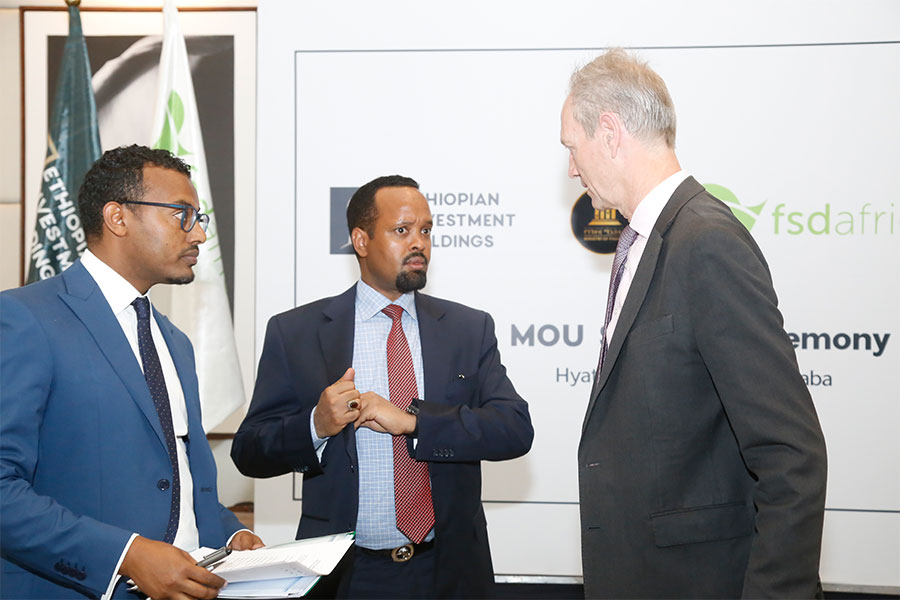
Fortune News | May 21,2022

Photo Gallery | 177749 Views | May 06,2019

Photo Gallery | 167962 Views | Apr 26,2019

Photo Gallery | 158655 Views | Oct 06,2021

My Opinion | 137005 Views | Aug 14,2021
Commentaries | Oct 25,2025

Dec 22 , 2024 . By TIZITA SHEWAFERAW
Charged with transforming colossal state-owned enterprises into modern and competitiv...

Aug 18 , 2024 . By AKSAH ITALO
Although predictable Yonas Zerihun's job in the ride-hailing service is not immune to...

Jul 28 , 2024 . By TIZITA SHEWAFERAW
Unhabitual, perhaps too many, Samuel Gebreyohannes, 38, used to occasionally enjoy a couple of beers at breakfast. However, he recently swit...

Jul 13 , 2024 . By AKSAH ITALO
Investors who rely on tractors, trucks, and field vehicles for commuting, transporting commodities, and f...

Oct 25 , 2025
The regulatory machinery is on overdrive. In only two years, no fewer than 35 new pro...

Oct 18 , 2025
The political establishment, notably the ruling party and its top brass, has become p...

Oct 11 , 2025
Ladislas Farago, a roving Associated Press (AP) correspondent, arrived in Ethiopia in...

Oct 4 , 2025
Eyob Tekalegn (PhD) had been in the Governor's chair for only weeks when, on Septembe...

Oct 25 , 2025 . By YITBAREK GETACHEW
Officials of the Addis Abeba's Education Bureau have embarked on an ambitious experim...

Oct 26 , 2025 . By YITBAREK GETACHEW
The federal government is making a landmark shift in its investment incentive regime...

Oct 27 , 2025
The National Bank of Ethiopia (NBE) is preparing to issue a directive that will funda...

Oct 26 , 2025 . By SURAFEL MULUGETA
A community of booksellers shadowing the Ethiopian National Theatre has been jolted b...